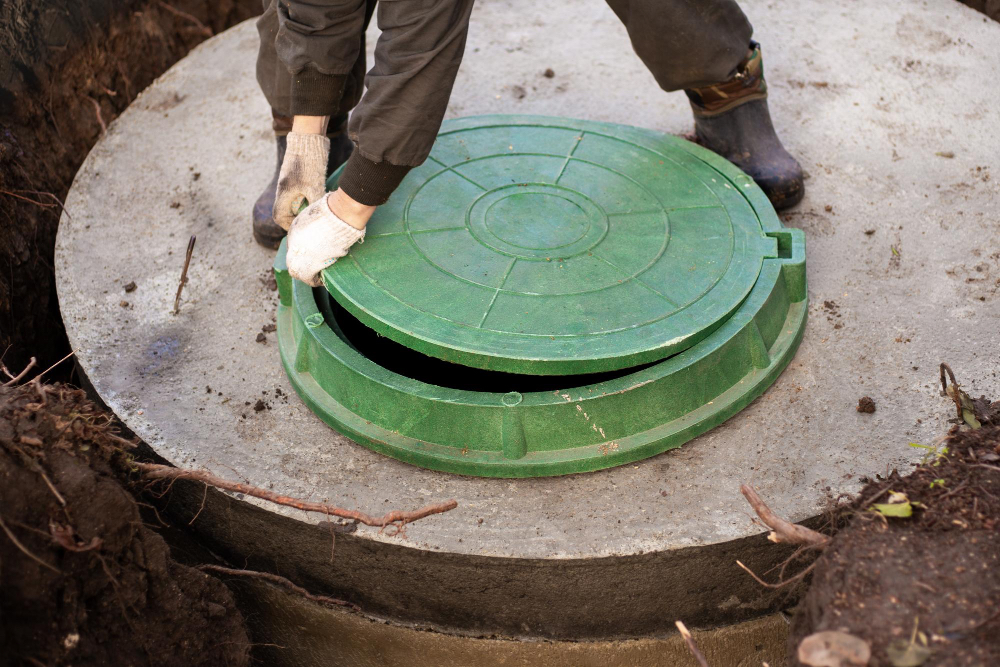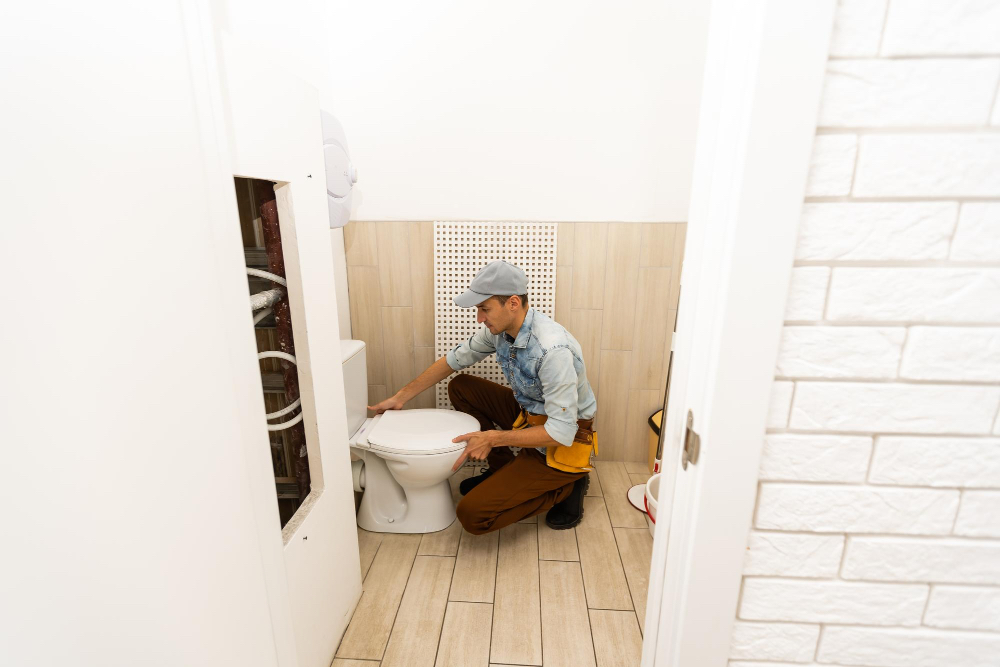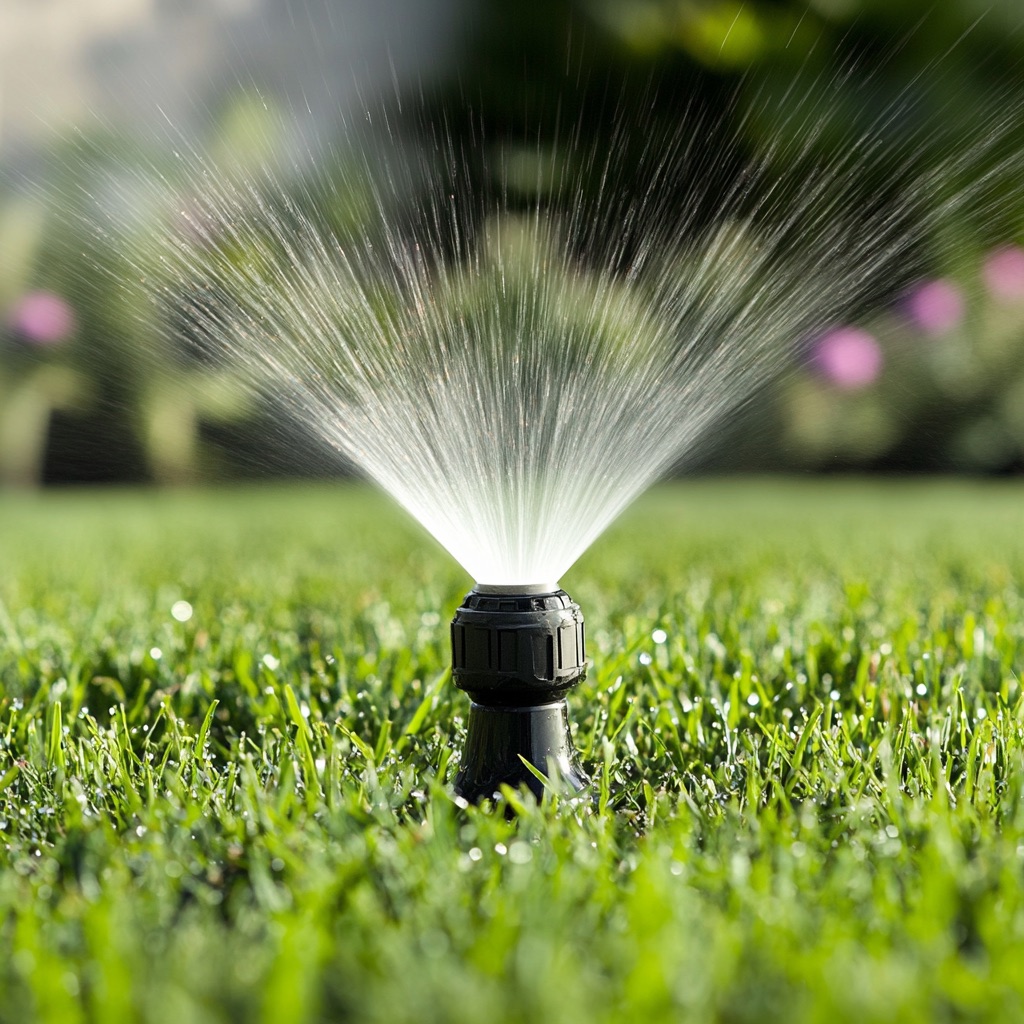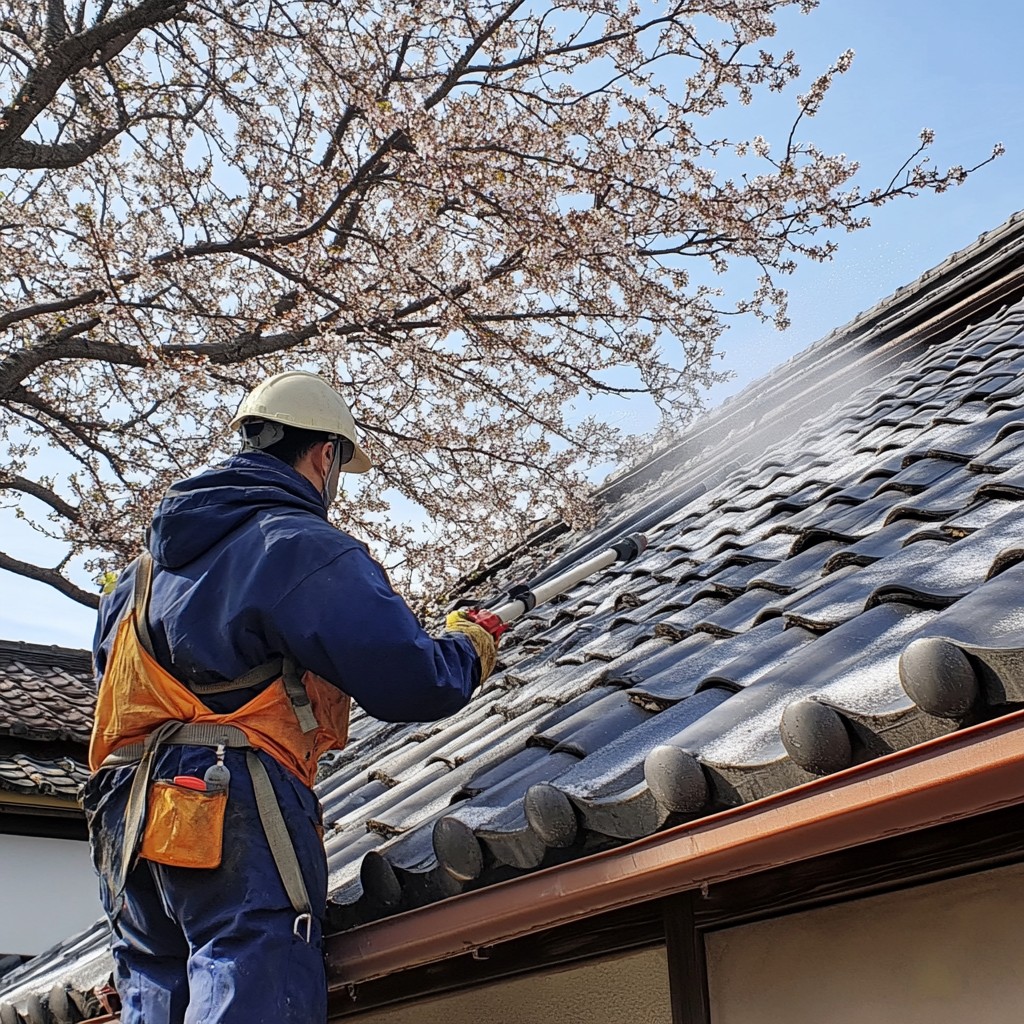Last updated on
As a homeowner, it’s essential to know how to maintain your septic system. Neglecting it can lead to costly repairs and health hazards. So, here are some practical tips and tricks to ensure your septic system stays in good shape for years to come.
Understanding Your Septic System

Your septic system consists of a septic tank and a drain field. These septic tanks collect wastewater from your home, separate solids from liquids, and allow the liquid to flow into the drain field. It’s crucial to understand how your system works to know how to care for it properly.
- Tank Functionality: The septic tank collects wastewater from your home and separates solids from liquids. Bacteria break down the solids, while the liquid effluent flows into the drain field.
- Drain Field: The drain field is a network of perforated pipes buried in gravel. It allows the liquid effluent to be absorbed into the soil, where it is further treated and filtered.
- Maintenance: Regular inspections and pumping of the tank are essential. You should also avoid planting trees or building structures on or near the drain field, as roots can damage the pipes.
Regular Pumping
Regular pumping is essential to prevent the buildup of solids in your septic tank. You should have your tank pumped every 3-5 years, depending on its size and usage. A professional can inspect your tank and advise you on the best pumping schedule.
- Frequency: The frequency of pumping depends on the size of your tank and the number of occupants in your home. A professional can help you determine the best schedule.
- Inspection: During pumping, the technician will inspect the tank for signs of damage or leaks. They can also check the sludge and scum levels to ensure the tank is functioning correctly.
Water Conservation

Conserving water can help prevent your septic system from becoming overwhelmed. Simple steps like fixing leaks, using water-efficient appliances, and spreading out laundry loads can make a big difference. You can also install low-flow fixtures and aerators to reduce water usage further.
- Fix Leaks: Leaking faucets, toilets, and pipes can waste a significant amount of water. Regularly check for and repair any leaks.
- Water-Efficient Appliances: Consider upgrading to water-efficient appliances, such as low-flow toilets and high-efficiency washing machines. These can reduce water usage and lessen the strain on your septic system.
Proper Disposal
Be mindful of what you flush down your drains. Avoid flushing anything other than human waste and toilet paper. Items like wipes, feminine hygiene products, and even cooking grease can clog your system and cause backups. Similarly, avoid pouring chemicals like bleach, paint, or motor oil down your drains, as they can harm the bacteria in your septic tank.
Taking care of your septic system doesn’t have to be complicated. By understanding how it works, scheduling regular maintenance, conserving water, and being mindful of what you flush, you can keep your system running smoothly for years to come. By following these tips and tricks, you can avoid costly repairs and ensure the health and safety of your family and the environment.
Table of Contents




